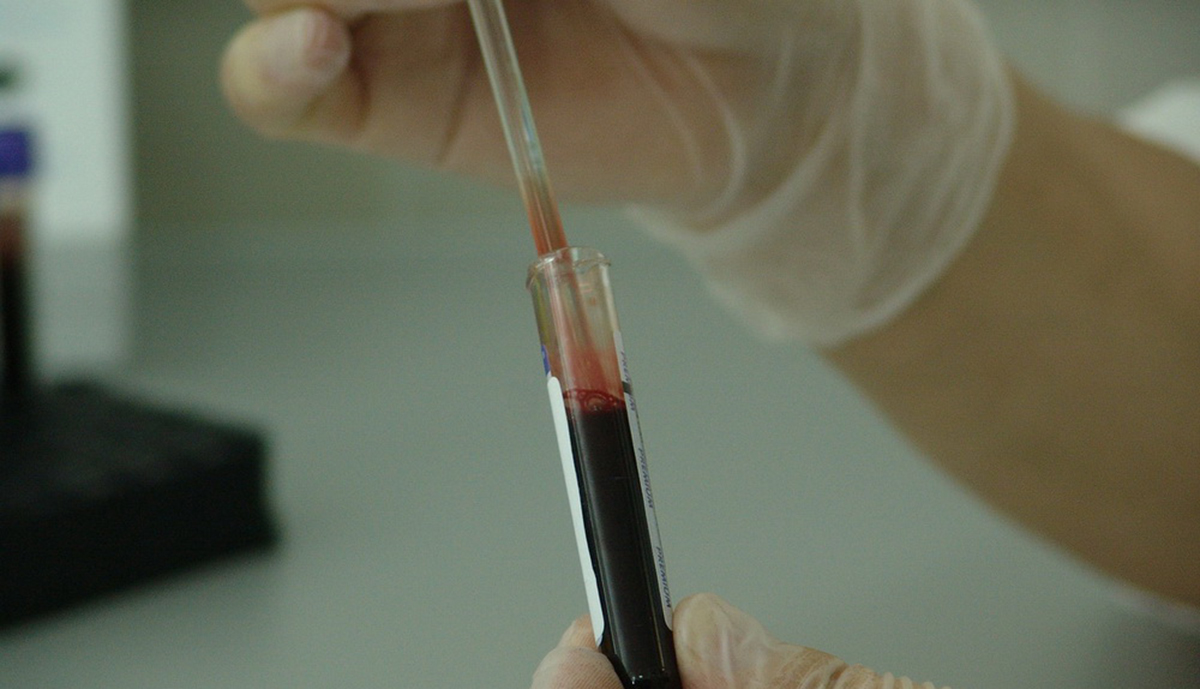Table of Contents
It is important to remember that ALS is very uncommon, and that your symptoms of muscle weakness or cramps may be due to other more common causes that are treatable. Just the same, to obtain proper diagnosis and treatment for your symptoms, consult a doctor.

Diagnosis of ALS
Signs and symptoms of widespread involvement of the muscles and nervous system functions may give a clue, but there is not a single test that can point to the diagnosis at once.
After the doctor evaluates the patient's medical history and physical examination, he may request for a laboratory work-up, which may include:
-
Blood tests
-
Urine tests
-
Spinal fluid analysis
-
Muscle biopsy
-
MRI or magnetic resonance imaging of the brain and spinal cord
These tests are non-specific, but they may help rule out other conditions that may be causing your symptoms. Other tests used to evaluate muscle and nerve functions include:
-
Electromyogram (EMG), to evaluate electrical activity of the muscles during contraction and at rest.
-
Nerve conduction studies, to look for nerve damage or muscle disease.
Your doctor may refer you to other specialists such as neurologists for further evaluation and management.
Treatment of ALS
Although a permanent cure for ALS has yet to be found, treatments may be given to help patients optimize their function and delay complications. These include:
-
Physical therapy and occupational therapy, which help patients use their available strength to function in daily activities. These treatments include the use of supportive devices to help patients ambulate, use the toilet, and do other basic functions around the house.
-
Speech therapy, which helps not only with talking, but with coughing and swallowing as well.
-
Medications to relieve symptoms such as muscle cramps, constipation, drooling, depression, etc.
-
Nutritional support is important, especially for those who have difficulty chewing and swallowing. A feeding tube may be needed in later stages.
-
Psychological, emotional and social support.
-
Breathing apparatus to support ventilation during the later stages
-
Riluzole (Rilutek), a medication which can help prolong survival for a few months. However, it is very expensive and has its own side effects.
See Also: Diagnosed with ALS: Frequently Asked Questions
ALS Research
The ALS Ice Bucket Challenge aims to support research that is being promoted by the ALS Association. Although some groups have posed various oppositions to the cause, which uses animals or embryonic stem cells for research, others have initiated their own fund-raising activities to support ALS research. At present, scientists are still looking into the possible causes and mechanisms that lead to the progression of the disease, tools to help diagnose the disease, as well as its possible treatment.
- Time. ALS Ice Bucket Challenge Donations Just Topped $100 Million.http://time.com/3222224/als-ice-bucket-challenge-donations-million/
- Slate.com. Take the “No Ice Bucket” Challenge.http://www.slate.com/blogs/future_tense/2014/08/12/icebucketchallenge_you_don_t_need_an_ice_bucket_to_donate_to_als_research.html?
- WebMD. Amyotrophic Lateral Sclerosis (ALS) - Topic Overview.http://www.webmd.com/brain/tc/amyotrophic-lateral-sclerosis-als-topic-overview
- Mayo Clinic. Amyotrophic Lateral Sclerosis.http://www.mayoclinic.org/diseases-conditions/amyotrophic-lateral-sclerosis/basics/definition/con-20024397
- MedicineNet. Amyotrophic Lateral Sclerosis (ALS or "Lou Gehrig's Disease"). http://www.medicinenet.com/amyotrophic_lateral_sclerosis/article.htm#amyotrophic_lateral_sclerosis_facts
- Mindmap by steadyhealth.com
- Photo courtesy of PublicDomainPictures by Pixabay : pixabay.com/p-20745/?no_redirect
- www.medicinenet.com
- www.mayoclinic.org
- www.mayoclinic.org
- www.slate.com
- time.com

